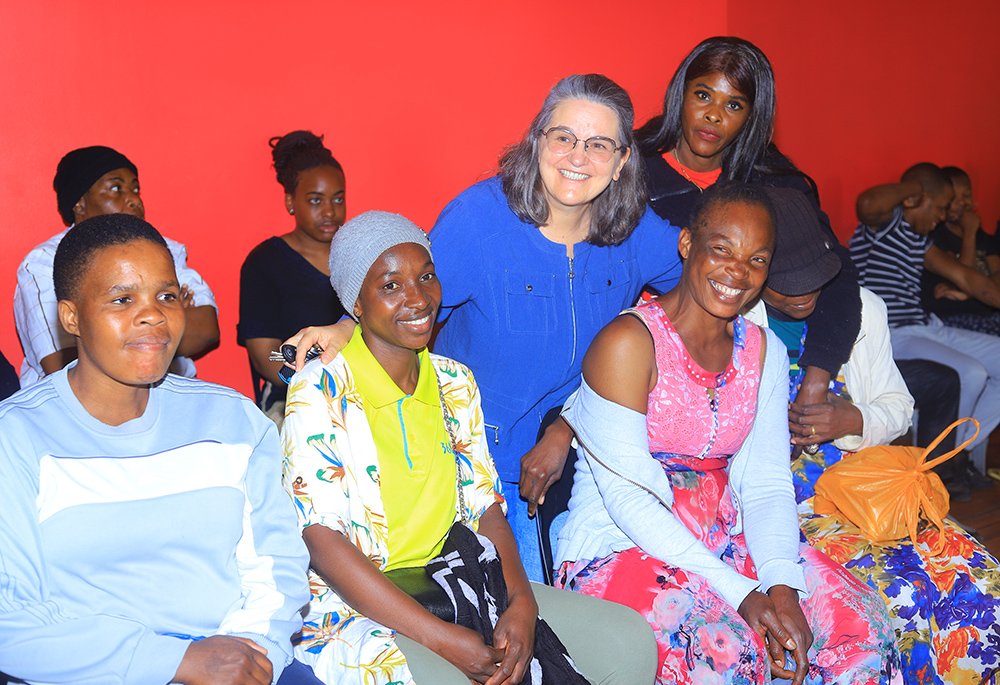At the heart of bustling South African cities, thousands of migrants, asylum-seekers, and refugees struggle daily to survive. Many, like 43-year-old Annie Mpofu from Zimbabwe, live in constant fear of being arrested due to a lack of proper documentation. Having been deported before, she remains wary but determined to support her family.
South Africa, home to around 60 million people, hosts over 250,000 forcibly displaced individuals from countries such as Zimbabwe, the Democratic Republic of Congo, Somalia, Burundi, Rwanda, and South Sudan. Many arrive hoping for better opportunities, only to face extreme challenges such as poverty, discrimination, and xenophobic violence. The Catholic Church, through religious leaders and humanitarian efforts, plays a crucial role in offering support, including food, shelter, and legal assistance.
For migrants, the journey to South Africa is often perilous. Some cross illegally through the Beitbridge border or navigate the dangerous Limpopo River, risking their lives in pursuit of safety. Women, in particular, face extreme vulnerabilities, with many experiencing abuse during their long trek. Sarah, a 37-year-old woman from Congo, recounted her heartbreaking experience of fleeing armed conflict and enduring sexual violence before finally reaching South Africa. With no money, identification, or support, she relied on strangers and endured unimaginable hardships to survive.
Once in South Africa, the struggle continues. Johannesburg and Pretoria, common destinations for migrants, offer job opportunities but also expose them to exploitation, police raids, and violence. Religious organizations, including the Scalabrinian Sisters and the Southern African Catholic Bishops’ Conference, step in to help migrants integrate into society. They provide temporary shelter, legal aid, and vocational training to empower migrants with skills needed to become self-reliant.
Despite South Africa’s legal framework for asylum-seekers, delays in processing applications leave many undocumented and vulnerable. Some wait years, even a decade, for their cases to be resolved. The Catholic Church works to bridge these gaps by offering migrants legal assistance and advocating for their rights. Shelters, such as the Immaculata Shelter, provide temporary accommodation and counseling, helping individuals rebuild their lives.
Xenophobia remains a major challenge. Since 1994, South Africa has witnessed violent attacks against foreigners, resulting in deaths, looted businesses, and displaced families. Bishop Joseph Kizito emphasizes that the church’s role is to welcome and protect those in need. Through education, vocational training, and community engagement, religious leaders promote peaceful coexistence between migrants and local communities.
For many migrants, the journey is not just about survival but about restoring their dignity. With the support of the Catholic Church and humanitarian organizations, they find hope and a chance to rebuild their lives in South Africa despite the many obstacles they face.

